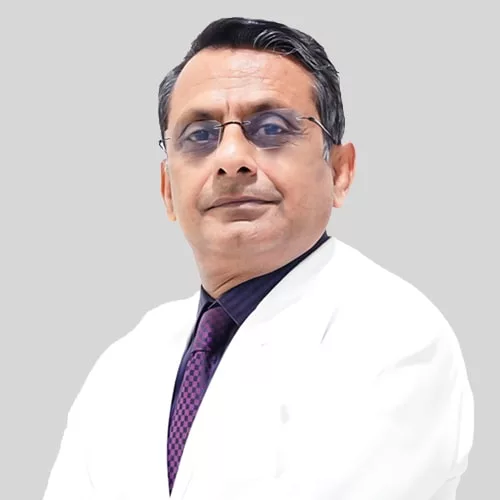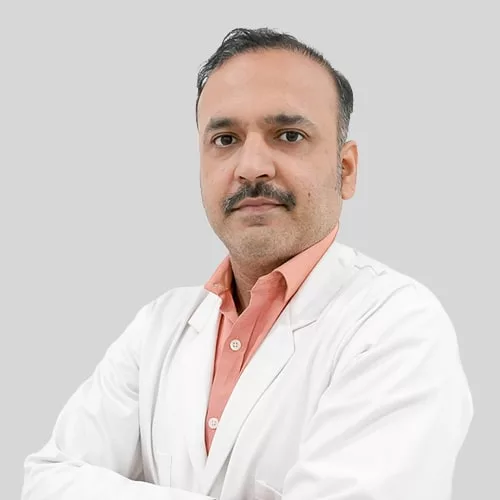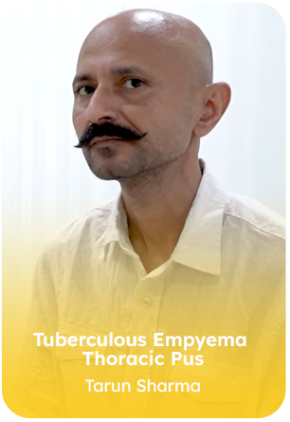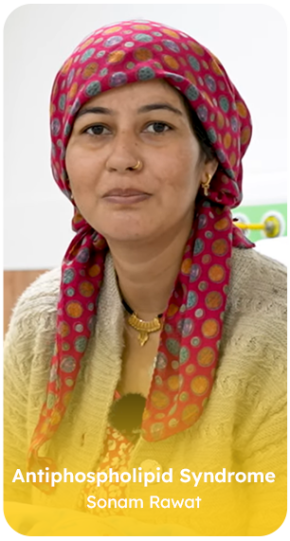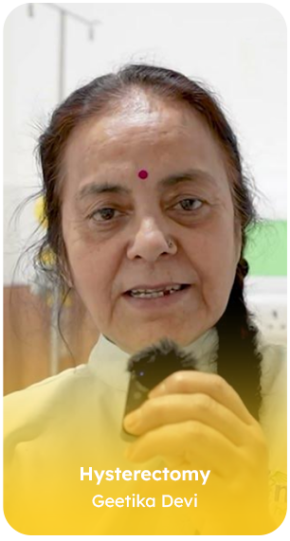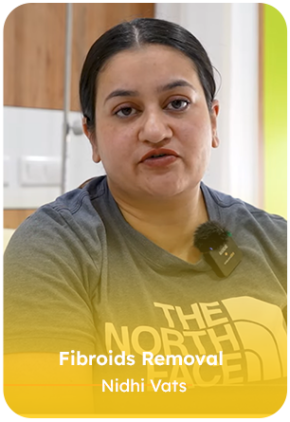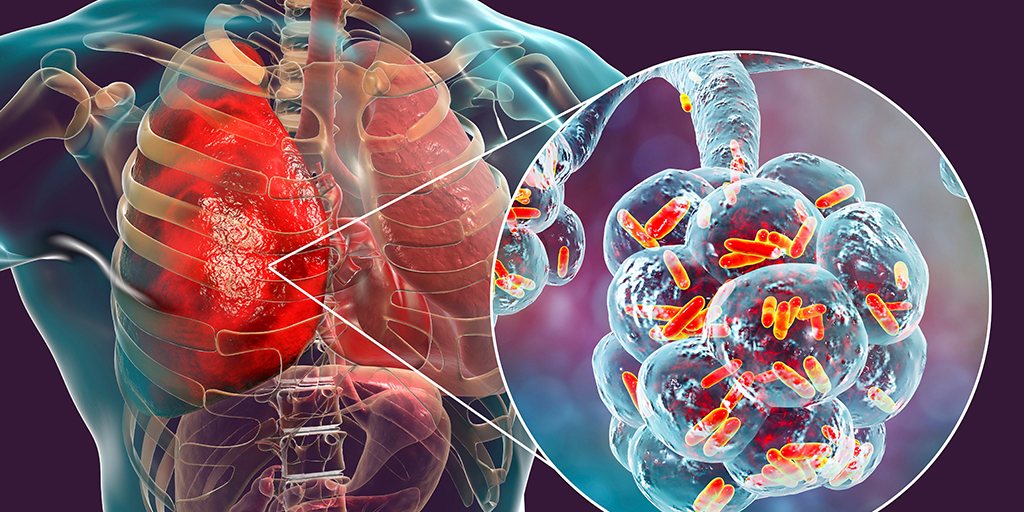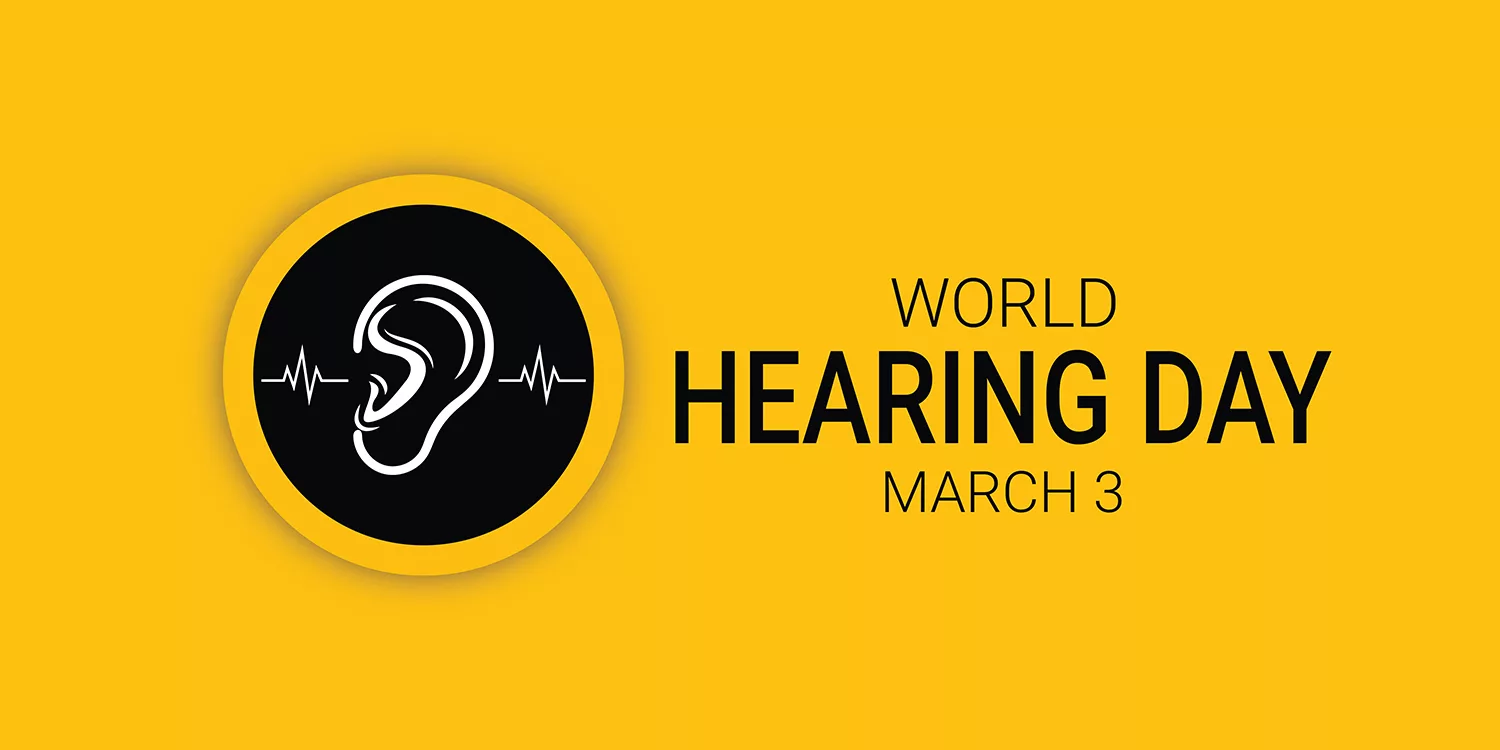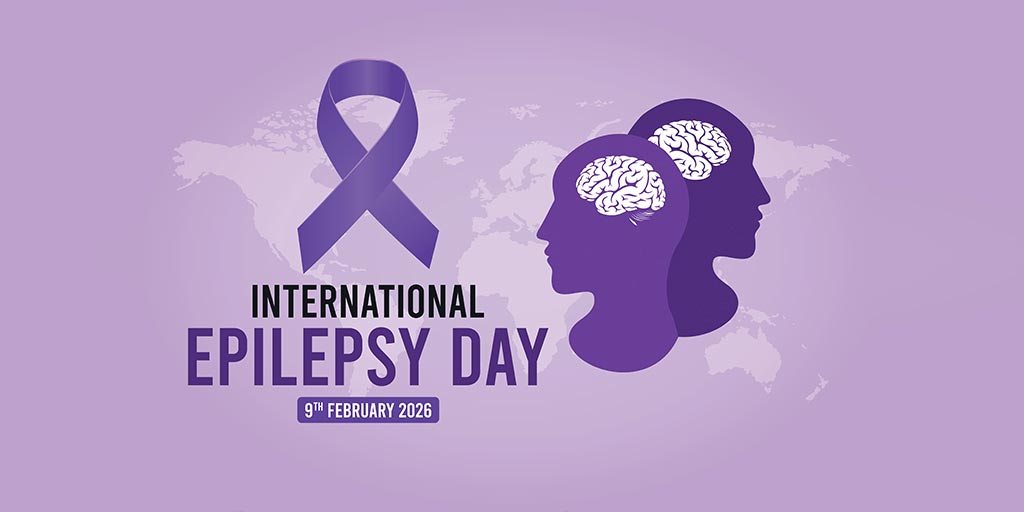At Graphic Era Hospital, our team of top neurosurgeons in Dehradun provides advanced surgical solutions for brain, spine, and nerve disorders. With state-of-the-art technology and a patient-centred approach, our neurosurgeons specialise in all types of brain and spinal surgeries, ensuring world-class care and the best possible outcomes. Whether it’s a complex brain surgery, spinal intervention, or minimally-invasive neurosurgical procedure, our neurosurgeons are equipped to treat and manage a wide spectrum of neurological conditions.
Doctors Available
What Does a Neurosurgeon Do?
Neurosurgeons, often referred to as brain surgeons or neuro-spine surgeons, are highly specialised doctors who diagnose and treat conditions affecting the brain, spine, and nervous system. While surgery is a key part of their expertise, they also offer non-surgical treatments, rehabilitation guidance, and preventive care for neurological disorders. At Graphic Era Hospital, our top neurosurgeons in Dehradun use cutting-edge techniques to provide the best possible outcomes for patients. Key responsibilities of a neurosurgeon include:
- Brain Surgery: Treats brain tumours, aneurysms, epilepsy, traumatic injuries, and other neurological conditions.
- Spinal Surgery: Manages herniated discs, spinal stenosis, fractures, and spinal cord injuries.
- Neurovascular Surgery: Treats stroke, cerebral aneurysms, and vascular malformations.
- Peripheral Nerve Surgery: Addresses nerve compression disorders like carpal tunnel syndrome.
- Paediatric Neurosurgery: Specialises in treating congenital brain and spinal disorders in children.
- Movement Disorder Surgery: Performs procedures like deep brain stimulation (DBS) for conditions such as Parkinson’s disease.
- Neurointervention and Endovascular Procedures: Minimally invasive procedures to treat vascular disorders using catheters and imaging guidance.
- Brain and Spine Endoscopic Surgery: Minimally invasive procedures using high-definition endoscopes to treat brain and spinal lesions.
- Trauma & Emergency Care: Provides urgent treatment for brain and spinal injuries.
When to Consult a Neurosurgeon?
Neurological conditions can range from mild discomfort to life-altering disorders, and early consultation with a top neurosurgeon in Dehradun can make a significant difference in treatment outcomes. If symptoms persist or worsen over time, seeking expert evaluation is essential. Neurosurgeons specialise in diagnosing and managing conditions affecting the brain, spine, and nervous system. Signs that require a neurosurgical consultation:
- Chronic Headaches & Migraines: Persistent, severe headaches that do not improve with conventional treatments may indicate an underlying neurological issue.
- Persistent Back or Neck Pain: Ongoing pain that affects mobility or daily activities could be a sign of spinal disorders or nerve compression.
- Weakness or Numbness in Limbs: Loss of strength or sensation in the arms or legs may indicate nerve damage or spinal cord issues.
- Difficulty in Coordination & Balance: Trouble walking, dizziness, or unsteady movements could be linked to neurological disorders.
- Uncontrolled Seizures or Epilepsy: Frequent seizures that are not managed with medication may require neurosurgical intervention.
- Diagnosis of Brain or Spine Tumour: Tumours affecting the brain or spine require specialised treatment, including surgery, to prevent complications.
- Neurosurgical Problems in Children: Conditions like hydrocephalus, spina bifida, brain malformations, or head injuries in children require specialized paediatric neurosurgical care.
Conditions Treated by Neurosurgeons at Graphic Era Hospital
Neurosur geons diagnose and treat a wide range of conditions affecting the brain, spine, and nervous system. At Graphic Era Hospital, our expert neurosurgeons in Dehradun use cutting-edge technology and advanced surgical techniques to ensure the best possible outcomes for patients. Whether dealing with brain tumours, spinal cord injuries, or neurological disorders, our specialists provide comprehensive and personalised care. Common conditions our neurosurgeons in Dehradun treat:
- Aneurysms: Bulging or weakened areas in blood vessels that can rupture and cause life-threatening bleeding in the brain.
- Benign Peripheral Nerve Tumour: Non-cancerous growths affecting nerves, potentially causing pain, numbness, or weakness.
- Brachial Plexus Injury: Nerve damage affecting the shoulder, arm, and hand, often due to trauma or birth-related complications.
- Brain Arteriovenous Malformation (AVM): A tangle of abnormal blood vessels that can disrupt normal blood flow and increase the risk of stroke or haemorrhage.
- Brain Tumour: Abnormal growths in the brain that can be benign or malignant, affecting neurological function and requiring surgery or other treatments.
- Cerebrospinal Fluid (CSF) Leak: Leakage of fluid surrounding the brain and spinal cord, leading to headaches, dizziness, and potential infections.
- Cushing’s Syndrome: A hormonal disorder caused by excessive cortisol production, often requiring surgery to remove adrenal or pituitary tumours.
- Epilepsy: A neurological condition causing recurrent seizures, sometimes requiring surgical treatment for seizure control.
- Haemorrhage: Uncontrolled bleeding in the brain due to trauma, aneurysm rupture, or stroke, often requiring emergency neurosurgical intervention.
- Meningioma: A typically benign tumour that forms in the membranes surrounding the brain and spinal cord, potentially affecting neurological function.
- Multiple Sclerosis: A chronic autoimmune disease affecting the central nervous system, requiring multidisciplinary management.
- Parkinson’s Disease: A progressive movement disorder that may benefit from surgical treatments like deep brain stimulation (DBS).
- Seizures: Uncontrolled electrical disturbances in the brain, sometimes requiring surgical evaluation when medications fail.
- Spinal Cord Injury: Damage to the spinal cord that can impact movement, sensation, and overall function, often requiring surgery or rehabilitation.
- Spinal Cord Tumour: Abnormal growths affecting the spinal cord, potentially causing pain, weakness, or paralysis, requiring neurosurgical intervention.
- Hydrocephalus: Excess fluid buildup in the brain that increases pressure, commonly treated with shunt placement or endoscopic procedures.
- Degenerative Spine & Slip Disc: Age-related spine conditions like disc herniation, spinal stenosis, and disc degeneration that cause pain and mobility issues—managed through minimally invasive or open spine surgery based on severity.
- Central Nervous System (CNS) Tumours: Including both benign and malignant tumours affecting the brain, spinal cord, and peripheral nerves, often involving complex, multi-modality treatment.
- Stroke: Includes surgical interventions such as decompressive craniectomy or clot removal procedures to manage ischemic or hemorrhagic strokes.
Why Choose Graphic Era Hospital for Neurosurgical Care
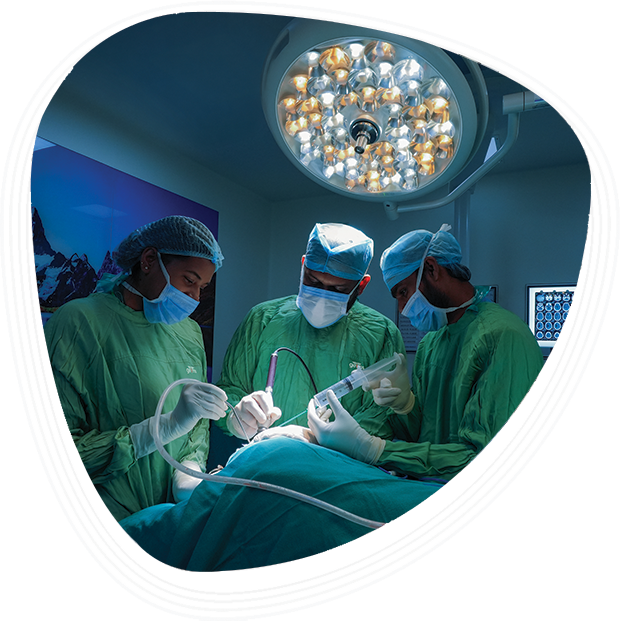
Neurosurgery Services Available at Graphic Era Hospital
At Graphic Era Hospital, our neurosurgery department provides a full spectrum of services, from advanced diagnostics to state-of-the-art surgical procedures and comprehensive post-surgical care. Our team of top neurosurgeons in Dehradun is committed to delivering personalised treatment plans for brain, spine, and nerve-related conditions.
Diagnostic Services
Accurate diagnosis is crucial for effective neurosurgical treatment. Our hospital is equipped with cutting-edge imaging and testing facilities, including:
- MRI & CT Scans: High-resolution imaging to detect brain and spinal abnormalities.
- Electroencephalogram (EEG): Measures brain activity to diagnose epilepsy and other neurological conditions.
- Nerve Conduction Studies (NCS): Evaluates nerve function for disorders like carpal tunnel syndrome and neuropathy.
- Angiography: Assesses blood flow in the brain to detect aneurysms, strokes, and vascular malformations.
- Spinal Tap (Lumbar Puncture): Collects cerebrospinal fluid to diagnose infections, bleeding, or neurological disorders.
Common Procedures Performed by Neurosurgeons
Our team of some of the best neurosurgeons in Dehradun offer a wide range of minimally invasive and open surgical procedures to treat complex neurological conditions.
- Blood Clot Removal: Removes clots to prevent stroke-related complications.
- Aneurysm Repair: Reinforces weakened blood vessels to prevent rupture.
- Tumour Removal: Surgical extraction of benign or malignant brain tumours.
- Brain Bleed (Haemorrhage) Stoppage: Controls bleeding due to trauma or stroke.
- Trauma Repair: Addresses skull fractures, brain injuries, and nerve damage.
- Shunt Insertion: Treats hydrocephalus by draining excess cerebrospinal fluid.
Types of Peripheral Nerve Surgery:
- Carpal Tunnel Release: Relieves pressure on the median nerve to treat hand numbness and weakness.
- Ulnar Nerve Release: Corrects nerve compression at the elbow to restore hand function.
- Vagus Nerve Stimulation (VNS): Implanted device that helps control seizures and depression.
Types of Spine Surgery:
- Stereotactic Spine Radiosurgery: Non-invasive radiation therapy for spinal tumours.
- Discectomy: Removes herniated disc material to relieve nerve pressure.
- Laminectomy: Decompresses the spinal cord to treat spinal stenosis.
- Spinal Fusion: Stabilises the spine by joining two or more vertebrae.
- Vertebroplasty & Kyphoplasty: Minimally invasive procedures to repair spinal fractures.
- Spine Stabilisation & Reconstruction: Restores spinal alignment and function after injury or disease.
Post-Surgical Care
Recovery and rehabilitation play a crucial role in maximising surgical outcomes. Our hospital provides:
- Pain Management: Personalised medication plans to ease post-operative discomfort.
- Physical Therapy & Rehabilitation: Exercises to restore mobility, strength, and function.
- Neurological Monitoring: Regular check-ups to track recovery progress.
- Lifestyle & Dietary Guidance: Recommendations to support long-term neurological health.
Top Neurosurgical Procedures
- Brain Tumour Surgery
- Aneurysm Clipping & Coiling
- Embolisation
- Skull Base Surgery
- Spinal Fusion Surgery
- Pediatric Neurosurgery
- Deep Brain Stimulation (DBS) for Parkinson’s Disease
- Craniotomy (for trauma, tumour, or haemorrhage)
- Blood Clot (Hematoma) Removal
- Epilepsy Surgery
- Hydrocephalus Treatment & Shunt Placement
- Microvascular Decompression (for Trigeminal Neuralgia)
- Discectomy (removal of herniated disc)
- Laminectomy & Laminotomy (spinal decompression)
- Spinal Fusion
- Vertebroplasty & Kyphoplasty (fracture stabilisation)
- Minimally Invasive Spine Surgery (MISS)
- Spinal Cord Stimulation (for chronic pain)
- Stereotactic Spine Radiosurgery
- Spine Stabilisation & Reconstruction
- Carpal Tunnel Release
- Ulnar Nerve Release
- Peripheral Nerve Tumour Removal
- Brachial Plexus Surgery
- Vagus Nerve Stimulation (VNS) (for epilepsy & depression)
Neurosurgery Conditions Treated at Graphic Era Hospital
Other Specialities
Patient Stories
Blog
Frequently Asked Questions (FAQs)
How long do neurosurgical procedures take?
The duration varies depending on the complexity of the surgery. Minor procedures may take 1–2 hours, while major brain or spine surgeries can last 4–10 hours or more.
How can I book an appointment with the best neurosurgeon in Dehradun at Graphic Era Hospital?
Appointments can be booked through our website, by calling the hospital reception at 1800-8897-351, or visiting the outpatient department.
Are there non-surgical treatments for neurological conditions?
Yes, many conditions can be managed with medications, physiotherapy, lifestyle modifications, and minimally invasive procedures before surgery is considered.
What are the latest advancements in neurosurgery?
Technological innovations like robotic-assisted surgery, stereotactic radiosurgery, deep brain stimulation (DBS), and minimally invasive spine surgery (MISS) are enhancing patient outcomes.
Is brain surgery risky?
Like all major surgeries, brain surgery carries risks such as infection, bleeding, and neurological deficits. However, advancements in neurosurgical techniques have significantly improved safety and success rates.
How long does recovery take after neurosurgery?
Recovery depends on the type of surgery and individual patient health. While some patients recover within a few weeks, others may take months, requiring rehabilitation and follow-ups.
Can neurosurgeons treat epilepsy permanently?
For certain types of epilepsy, neurosurgeons advise surgical procedures like lobectomy or vagus nerve stimulation (VNS) to provide long-term relief or even a permanent cure, depending on the condition.
